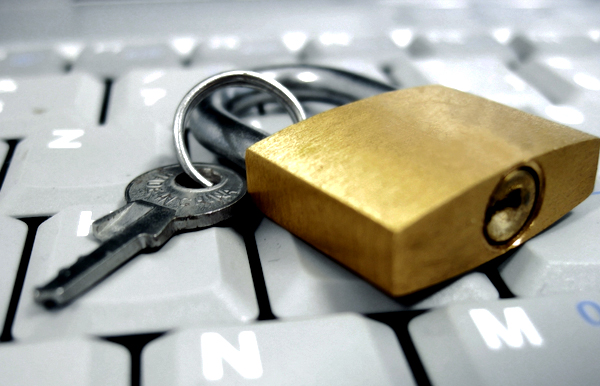Last Updated on March 3, 2024
Losing your data is always disastrous, no matter what the situation is. System failures, data wipes, or using a USB stick can result in extensive downtime, as well as worries over confidential information being lost.
In this context, it’s important to consider some basic approaches to preventing data loss, which can range from properly auditing the security levels for your data, through to employing a range of different back ups, making hard copies, and taking mobile devices, physical problems, and the need for professional outsourcing into consideration.

Auditing
You first need to identify what data needs to be prioritized and regularly checked, which is particularly important for any business uses.
This also means working out and assigning responsibility for who can access certain files within a company, as well as who has the ability to make changes or deletions from records.
Having particular security protocols around read-only data, as well as password protected files, can make it much harder for accidental deletion to occur.
Use a Range of Back Ups
It’s important to have as many back ups as you can practically manage, most of which can be achieved online. External hard drives are now relatively inexpensive, and you can pick up a few terabyte drives that can handle large amounts of data.
However, it’s best to have cloud services and drives that can update and back up versions of your hard drive and important files. These programs tend to be low memory, and can backup up versions of your computer on a daily basis.
External service providers can also provide tailored backup options and multiple cloud locations for your files.
Have Some Hard Copies

Although we are increasingly moving towards a paperless society where records and business transactions are made online, it’s still important to keep paper copies of anything that’s crucial to you or your business.
This might include contracts, lease agreements, invoices, and bank records – while scanned and duplicated online, keeping an efficient paper filing system is essential as a back up if anything does go wrong.
Make Sure You Understand Mobile Data Security
Being able to properly maintain and backup data from mobile phone and tablets is now crucial to avoiding mistakes when data is shared.
Special encryption levels need to be checked for mobiles to ensure that you aren’t unwillingly exposing files, while synchronisation should be used with cloud drives for your phone data. You can download app versions of most backup services, making it possible to share the same level of security for different devices.
Recognize Physical Problems

If you are having problems with hard drives or particular devices, always make sure that they’re backing up somewhere else, as complete failure could make them impossible to recover.
Moreover, when storing data in server rooms and data centres, ensure that you have proper temperature controls and environmental monitors to prevent overheating or water damage. In most cases, backing up a physical server room with a cloud location is the best option.
Outsourcing
While it is possible to upload data to the cloud and have your own backups, it’s still worth considering the benefits of outsourcing this work to a specialist IT company.
A company can personalize services for your business, and can make sure that you receive a high level of security for different data sets. Specialist IT companies are also able to try to recover lost data, either from physical machines or from corrupted files and hard drives.



